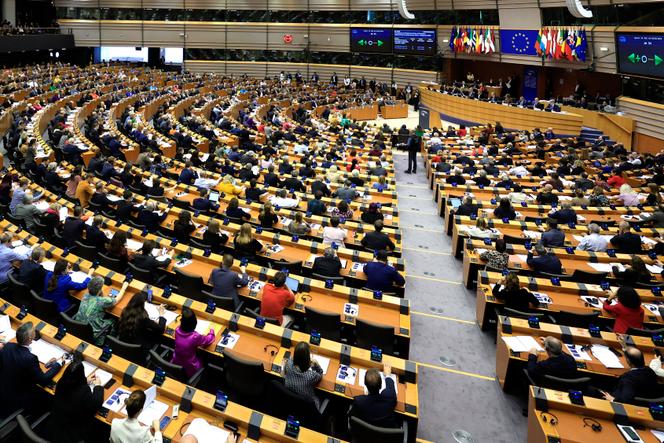

LETTER FROM BRUSSELS

As soon as the results of the European elections were known on June 9, the major maneuvers began in the European Parliament. After the vote, it was time for behind-the-scenes negotiations, as each of the political groups that make up the legislature counted its troops and sought to draw as many new members as possible. It is in some sort a second round, which could be decisive for the future of the European Union.
As a reminder, to date, the various political parties in the 27 member states are divided into seven groups, which bring together the vast majority of the 720 newly elected MEPs: the European right of the European People's Party (EPP), the Social Democrats (S&D), the liberals of Renew Europe, the Greens, the nationalist and populist right of the European Conservatives and Reformists (ECR) and Identity and Democracy (ID), and The Left in the European Parliament (GUE/NGL).
Alongside them are well-established but unaffiliated parties, such as Viktor Orban's Hungarian party Fidesz, forced to leave the EPP in 2021, and Germany's Alternative für Deutschland (AfD) party, excluded from ID a few weeks ago. There are also fledgling political groups or unaffiliated members, who were not previously represented in the European Parliament.
The existing groups are on the hunt: They are looking to poach from their competitors, as well as to draw from a pool of around a hundred MEPs to gain a few more seats. The stakes are political, of course. They are also financial, as a group's resources are proportional to its size. In this context, each new recruit pays off.
The matter is not always straightforward. Fidesz, for example, has declared its intention to join ECR. However, certain delegations within the group refuse to reside with Orban's allies, whom they consider radioactive, and are threatening to relocate elsewhere. This applies to Czech Prime Minister Petr Fiala's Civic Democratic Party (ODS), which the EPP would like to win back, the Sweden Democrats, who support the Swedish government, and the N-VA Flemish nationalists, who have begun informal discussions with Renew Europe.
Within ID, the balance is also precarious. While the Rassemblement National (RN) is the leading delegation, Marine Le Pen is advocating an alliance with ECR, but so far this has fallen on deaf ears. In Brussels on June 12, she met with two of her ID allies – Geert Wilders, head of the Dutch Party for Freedom (PVV), and Matteo Salvini of the Italian League party – to discuss the next steps.
You have 55.62% of this article left to read. The rest is for subscribers only.
